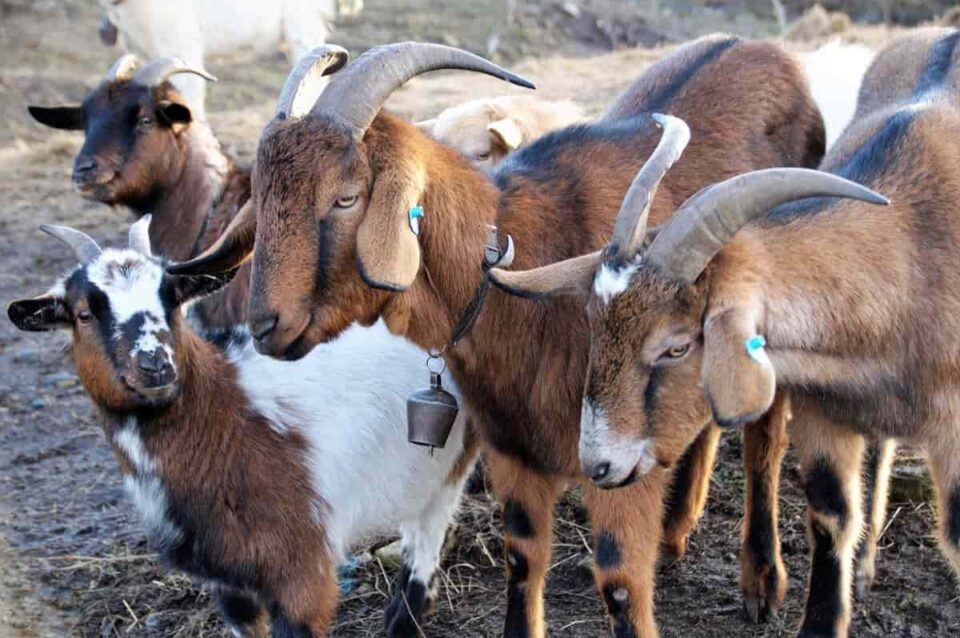Boer and Savanna goat breeder in the Free State makes national impact through quality genetics and heart-driven husbandry.
In just over a year since its establishment, the Hakuna Matata Stud near Hoopstad in South Africa’s Free State province is making waves in the world of goat farming. Founded in 2024 by Christiaan Labuschagne, the stud has already earned accolades for excellence in Boer and Savanna goat breeding, backed by a winning formula: top-tier genetics, ethical animal care, and genuine passion.
A Rising Star in the Show Ring
The stud’s early success was recently showcased at the prestigious 2025 World Boer Goat, Kalahari Red and Savanna Championships held in Bloemfontein. Hakuna Matata claimed first place in the Class 14 Savanna Doe Kid (45kg+) category—an achievement that highlights the quality and competitive standard of Labuschagne’s breeding programme.
“Our success proves that if you combine the right genetics with hands-on passion, the results will speak for themselves,” says Labuschagne.
Driven by Passion, Rooted in Family
Beyond awards, it is clear that Hakuna Matata is driven by more than just profit. Labuschagne describes the farm as a family-run operation, where even the staff refer to the animals as “our goats.” He stresses the importance of gentle handling and humane care—principles he instills in everyone who works on the farm.
“My goats are part of our family. They all have names. You cannot work with them if your heart isn’t in it,” he explains.
Labuschagne admits that parting with the goats—especially the best ones—is emotionally taxing.
“It’s never easy to sell them. But when you know they’re going to someone who values good genetics and who paid a premium, you feel better. You trust they’ll be treated with the same love.”
Investing in Genetics Pays Off
One of the cornerstones of Hakuna Matata’s success is strategic investment in proven genetics. Labuschagne believes quality comes at a cost—and it’s a cost serious breeders and farmers are willing to pay.
“When you invest in top genetics, you’re investing in the future of your herd. Buyers who spend money on a good stud animal are more likely to care for it properly. They know the value of what they’ve acquired,” he says.
He also draws parallels to everyday life: “People often neglect things they get for free. But when you pay good money—whether it’s a dog or a goat—you appreciate and care for it better.”
Farming as Therapy
For Labuschagne, farming isn’t just business—it’s personal therapy.
“After a difficult day, nothing soothes the soul like walking among the goats. When they brush up against you or nibble your pants, it’s like they remind you why you’re doing this.”
A Model for Aspiring Goat Farmers
The Hakuna Matata Stud stands as a testament to what can be achieved with careful planning, ethical breeding, and heartfelt commitment. Labuschagne’s journey offers inspiration to both emerging farmers and seasoned breeders across Southern Africa.
As the goat sector grows in economic importance—particularly in rural development and meat export—operations like Hakuna Matata signal a new standard of excellence driven by science, sustainability, and soul.
Caption for feature photo:
The Labuschagne family and Hakuna Matata Stud team celebrate their win in the Savanna Doe Kid 45kg+ category at the 2025 World Goat Championships in Bloemfontein. Pictured with staff members Johannes Tsokoane and Alfred Selemogo.



